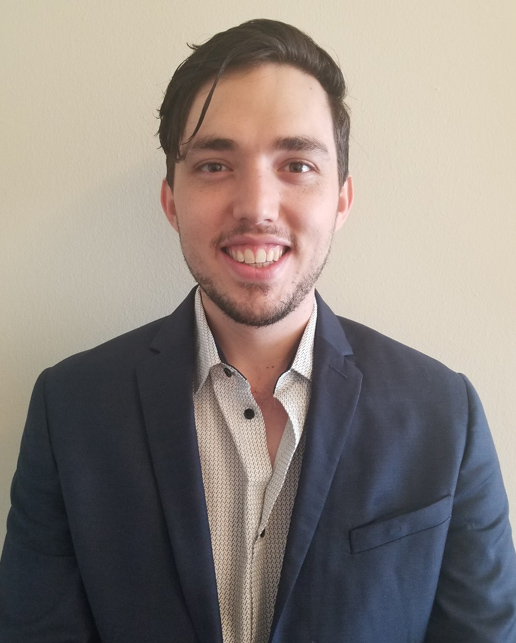
Hometown: Orlando, Fla.
Undergraduate: University of Florida, BS in Chemistry
What drew you to medicine in general, and to the College of Medicine specifically?
My mom was diagnosed with cancer when I was a child, so while I was growing up, she would often be away from our home for long periods of time to receive treatments. I think growing up in that environment is one of the catalysts that led me toward the path of medicine.
As for why I chose to apply to and attend Drexel’s College of Medicine, I have always been interested in emergency medicine and Drexel was one of the pioneers in developing that field. I also thought going to school in the Philadelphia area would allow me to get a good education with many opportunities to pursue emergency medicine specifically. When I met current students and faculty as a prospective student, I felt a connection that I didn’t get with the other medical schools where I had interviewed.
What did you study as an undergraduate, and how did those studies prepare you for medical school?
I studied chemistry at the University of Florida (UF), but I completed the first two years of my undergraduate degree at a small community college in the Orlando area, Valencia College. I think that starting at a community college helped keep me grounded in my education when forming a foundation of knowledge to build upon. It helped me develop my study skills in a different type of environment than I experienced at UF. I feel like my time at Valencia made me a more well-rounded student.
You took time to work between earning your bachelor’s degree and enrolling in medical school. How did that life experience help prepare you for medical school?
I ended up going back to Orlando after graduating and working at Valencia. I was a chemistry tutor and an MCAT chemistry tutor for one of the test-prep companies. Teaching and tutoring helped me hone my interpersonal communication skills, which play a part in my studies today when I’m practicing patient interviews.
I didn’t start medical school until three years out of undergrad, and I think it helped me to take some time off from being a student. It helped both the strength of my medical school application and my personal well-being. Looking back, I am grateful that I started medical school when I did.
What inspired you to create the Community College Club? How can interested students get involved?
I know that I had doubts about my abilities and prospects due to the stigma that is associated with attending community college. With the competitive nature of applying and getting into medical school, I thought I stood little chance of getting accepted. I knew I would be competing for spots with students who had instead done all four years of their education at a university, and it was intimidating. I co-founded the club so I could provide reassurance to community college students who are on a similar path to mine. I know from experience that I would have appreciated the guidance.
What other organizations, extracurriculars, research or community service experiences have you been involved in at the College of Medicine? How have they impacted your experience here?
Over the past year I was one of the social representatives for one of our school’s societies (Eakins), which gave me a chance to meet new people and get my feet wet with getting involved in school organizations.
I also took the Spanish for Medical Professionals elective this past year – if you’re a medical student interested in learning Spanish; I highly recommend it.
When we return to campus in the fall, I am also going to be the new bass player for Dennis Novak’s band, the Dennis Novak Experience.
What advice would you give to a first-year student?
Study hard to make sure you that don’t fall behind, but also don’t be afraid to enjoy yourself at the end of the day to help prevent burnout. Attend the school social events if you can make time for them in your schedule, because they are worth going to. Make a good group of friends early on that you can spend your free time with outside of studying.
Plan to study harder than you had to in undergrad, but also realize that medical school is more cohesive, so you don’t need to worry about assignment deadlines and exams overlapping. Additionally, the faculty are really understanding and approachable– don’t be afraid to reach out if you have things in your life that come up.